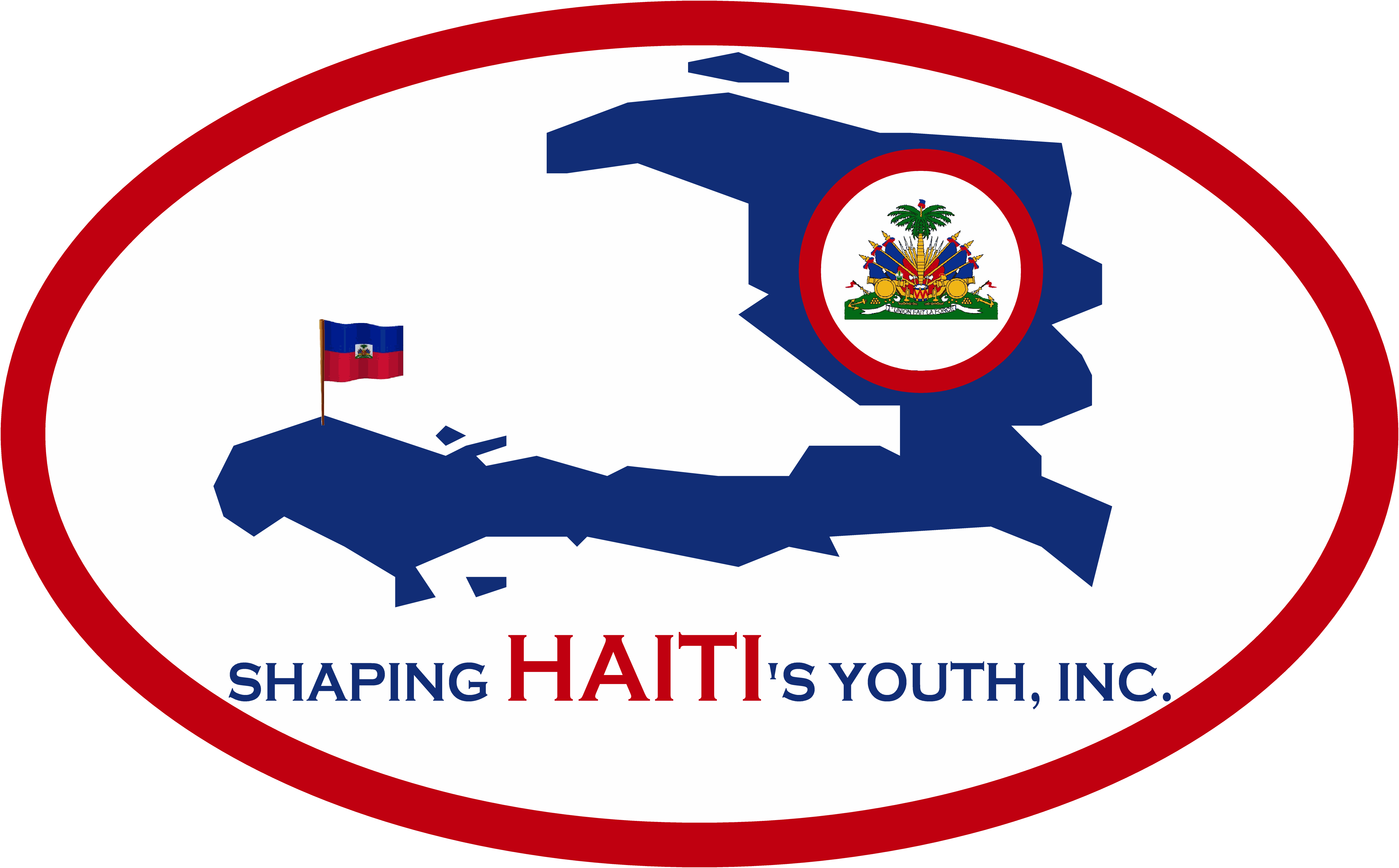Don't be SHY about lending a hand.
Don't be SHY about getting involved.

Our Philosophy
It all starts with the quote in TIME’s May 9th, 2011 issue from Haitian President Michel Martelly: "Haitians do not want handouts. They want opportunities to create wealth." SHY, INC. understands that considering Haiti’s current level of poverty and lack of industrialization, that opportunity lays in the long-term establishment of sustainable infrastructures that will create jobs and the kind of wealth that every human being deserves. However, the future maintenance of these very valuable infrastructures in Haiti will depend on those who have the knowledge and the resources at that time to shoulder that very critical responsibility. In other words, the Haitian youth of today are the sentinels of its future.
How can such lofty goals be reached? Indeed, the philosophy of providing resources for Haiti’s youth must be deconstructed into three key components: educational initiatives, youth programs and sports development.
1. Educational Initiatives
Haiti's literacy rate of about 53% falls well below the average of 90% for Latin American and Caribbean countries. This is the result of an outdated educational system with scarce resources, considering the more important priorities of subsistence living the impoverished nation. With only 10% percent of government funds devoted to elementary and secondary schools, it is up the private sector to make up the difference, particularly non-governmental organizations (NGO) like ours. While building more educational facilities (i.e., libraries, computer centers, universities, vocational schools) will be a first priority, providing quality education must come as a close second. These efforts shall include the training of educators in Haiti to a standard above the sixth grade, integrating foreign educators and implementing life-relevant learning programs such as sex education, information technology and the arts.
2. Youth Programs
In the pecking order of crisis resolution, tending to Haiti's youth social and cultural development is near the bottom, and the effects are starting to show. Today's youth in Haiti does not grasp the concepts of civic duty, common sense and respect for life that its elders were raised to learn. This is a direct consequence of the anemic levels of extracurricular activities for youth ages 6 to 19. We intend to fill that gap in young Haitians’ live by making available a variety of programs that make them more marketable and more desired as individuals, in Haiti and abroad. The list of social activities that would be of great interest to a young mind is quite long, but it invariably includes the arts, film, theater, dance, classical and modern music, as well as civic programs such as literacy assistance and neighborhood cleanups.
3. Sports Development
It goes without saying that sports is one of the most critical infrastructures to teach a child the values of discipline, good health, fair play, teamwork and competition. However, for Haiti, every sports development program must focus around the major sports in the country or Olympic disciplines that may contribute to one's life earnings and potential. As such, the first aspect in developing sports is to give all youth the opportunity to try various sports, most notably soccer, basketball, volleyball and tennis. In addition, other Olympic sports such as swimming, track and field, karate, judo, gymnastics and team handball may be added to give the youth the variety they need to stay physically fit and competitively stimulated. Of course, these programs will stay at the physical activity level, whereas a subset of these participants will have the opportunity to compete in sports leagues. Through these league games, the few who have a unique gift at a particular sport will have the chance to shine and perhaps take advantage of these special - and often lucrative - skills.